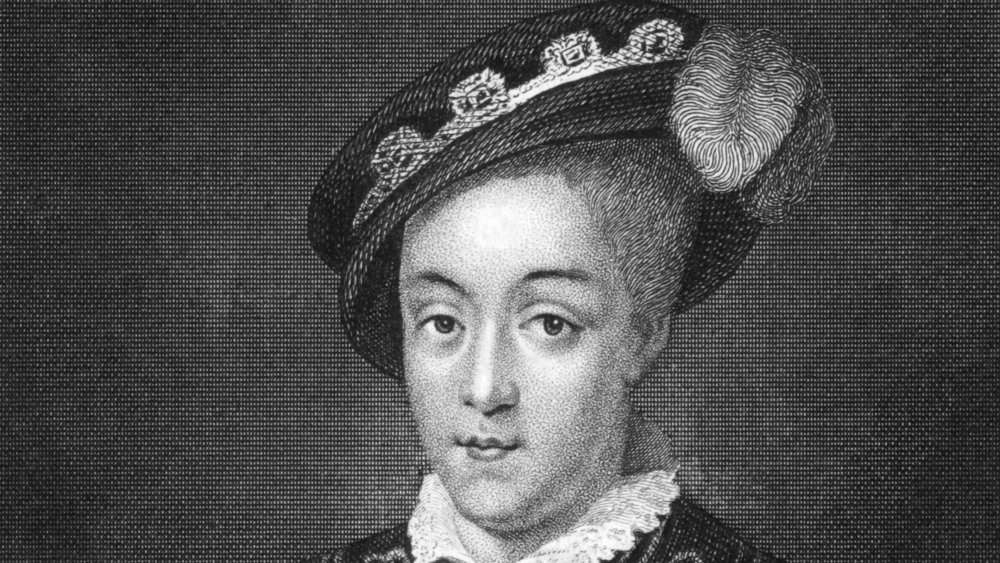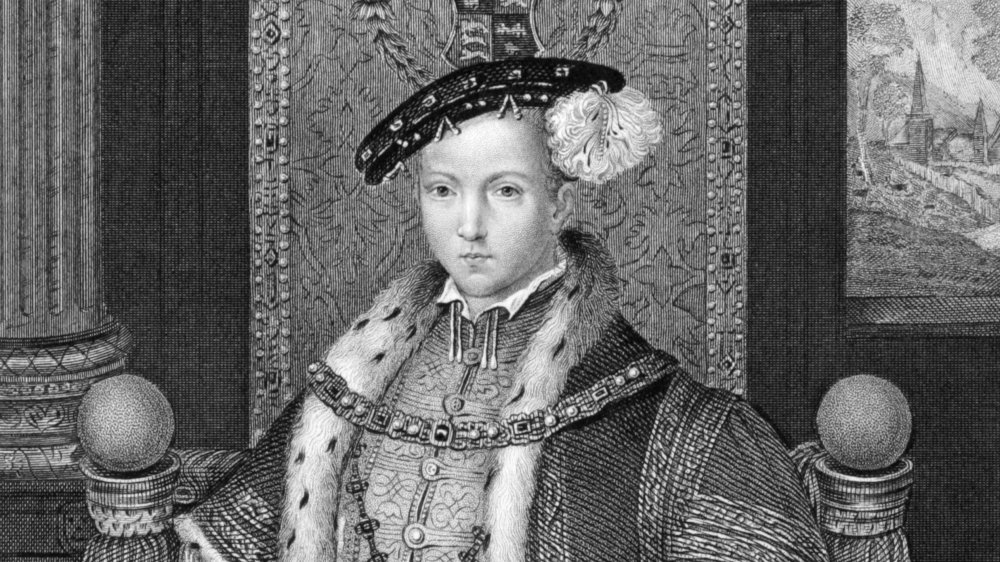Edward VI: The Truth About The Nine-Year-Old Who Replaced Henry VIII
In fiction, child monarchs tend to fall into one of two categories: On the one hand, you've got your Narnia Pevensie children and Phantom Menace Amidalas who rule justly and bring peace to their people/talking animals/talking animal people. On the other, there's your Joffreys and your Temple of Doom maharajas, just generally doing whatever makes them cackle the hardest.
In the real world, the history of cherubic despots is a lot more colorful. Imagine what you were like at eleven or twelve years old, then try to picture how long this country would last if you had been put in charge. It's a nightmare. It'd be like Blank Check but with nuclear codes. And yet, for one reason or another, kings and queens throughout history have made the call to leave their nations in the sticky hands of their prepubescent progeny.
And in all of European history, nobody appreciated sticky hands more than Henry VIII. We're assuming. He was kind of gross. Anyway, when he croaked, England got itself a new king on the quick, Henry's only son, Edward.
And he was almost old enough to read chapter books.
Ed Dead Ascension
King Edward VI took the throne at the withered, world-weary age of nine, and managed to hold onto the crown for a solid six years. As tends to happen when your sole ruler isn't old enough to get the grown-up jokes in Shrek, things didn't go great.
For one thing, Edward inherited a particularly nasty war with Scotland from his old man, known as "The Rough Wooing." The whole thing came down to a couple of unfortunate events: the Scots had backed out of a treaty, re-upping an alliance with the French and calling takes-backs on a promised betrothal of the seven-month-old Mary Queen of Scots to Edward VI. Henry was furious, and according to Tudor Times, declared that his armies should "Put all to fire and sword, burn Edinburgh town...putting man, woman and child to fire and sword, without exception where any resistance shall be made."
Like so many home renovation projects, the Old Testament-style destruction of Scotland wound up unfinished at the time of Henry's death and left to his son to wrap up. On top of that, Edward would spend his brief time on the throne dealing with a sycophantic council of advisors, religious strife leftover from his old man's habit of playing tiddlywinks with theology, internal rebellion, an economic crisis as a result of his expensive military campaigns, and a 1549 coup which saw the boy king imprisoned in Windsor Castle for his own protection. Then he turned fifteen.
According to Britannica, Edward fell ill in January of 1553. Six months later, he had passed away. Like most of the Tudors who died with their heads still attached, Edward's cause of death isn't known. It was probably tuberculosis, but it was the 16th century, and the ways to die vastly outnumbered the ways not to.
Was he a good king? He wasn't great, but he was also too young to get his driver's license when he died, so it's not like he had much of a shot. Could he have been a good king if he'd lived? Maybe. But he did write a book about how the pope was the antichrist and called Catholics "the spring of all abomination," so at the very least, things would've gotten colorful.

